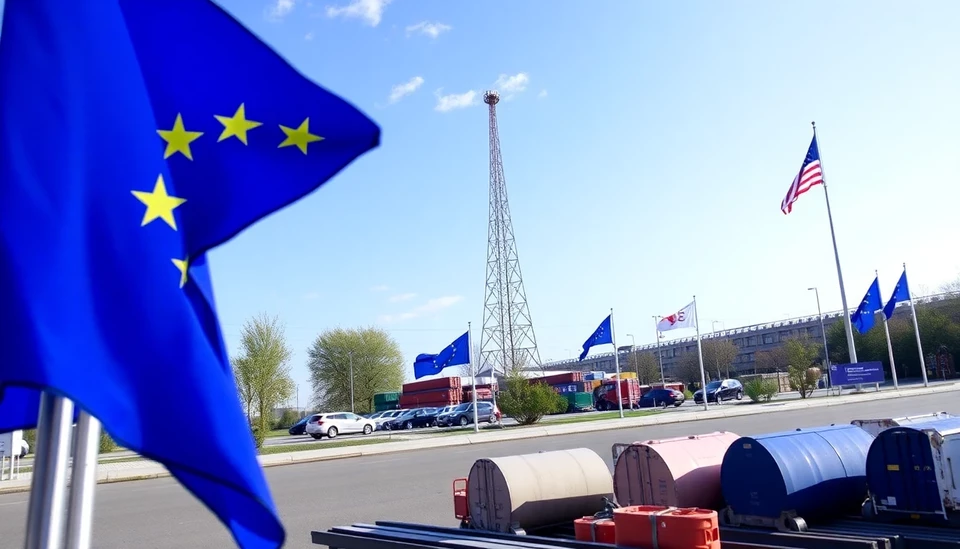
In a robust announcement this past weekend, the European Union declared its intention to implement countermeasures in response to tariffs imposed by the United States. This development marks a significant escalation in the ongoing trade tensions between the two economic powerhouses.
The EU's response comes after the U.S. government enacted tariffs on various European imports, notably targeting industrial products and agricultural goods. These tariffs, aimed at protecting American industries, have raised concerns among European lawmakers and trade officials who fear that such a protective stance could lead to greater economic strife on both sides of the Atlantic.
Officials from the European Commission have begun outlining potential retaliatory tariffs, which could impact a range of American goods, including but not limited to, agricultural products like soybeans and machinery. European Trade Commissioner Valdis Dombrovskis emphasized that while the EU aims to engage in constructive dialogue, it also stands ready to defend its economic interests vigorously.
"We will not accept unilateral actions imposed by the United States that harm European trade," Dombrovskis stated during a press conference. “These tariffs not only affect our economies but also disrupt global trade relations and supply chains.” He urged for a resolution through negotiations, underscoring the preference for collaboration over confrontation.
As the EU prepares its countermeasures, discussions among member states emphasize the importance of solidarity and a united front in trade matters. Economists speculate that the retaliatory measures could strain economic growth in both regions, further complicating recovery efforts from various global economic challenges.
This brewing conflict draws attention to the larger picture of international trade policies in a post-pandemic world, where countries are increasingly protective of their own industries. The EU aims to bolster its domestic economy while also supporting affected sectors that may face hardships due to U.S. tariffs.
The situation remains fluid, with both the U.S. and EU primarily focusing on diplomatic avenues to avert a full-blown trade war. The international community watches closely as tensions simmer, highlighting how interconnected global economies remain despite growing nationalistic tendencies.
As the EU prepares to expose its arsenal of countermeasures, businesses and consumers alike brace for the potential ripple effects that this trade dispute could have worldwide, particularly in industries reliant on transatlantic trade routes.
In the coming weeks, further developments are expected as negotiations continue and both sides prepare their positions for upcoming trade talks.
As the dialogue unfolds, stakeholders from both sides will be hoping for resolutions that foster cooperation rather than conflict, striving to ensure that the larger international trade system remains intact.
#EU #USTariffs #TradeWar #Countermeasures #InternationalTrade
Author: Laura Mitchell




